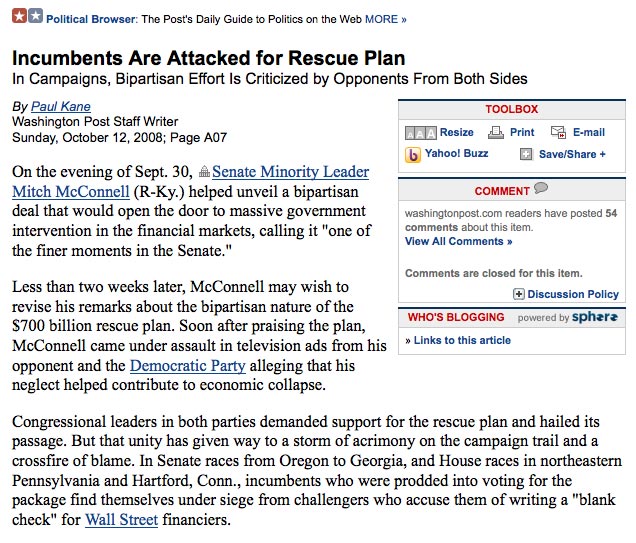Yesterday I picked up a discussion on Facebook, via a friend, about media coverage of the Ghanaian elections (voters went to the polls yesterday, and votes are being counted now, if you missed it, by the way) why had there been so little election coverage on the Western networks? Very little on CNN; very little on BBC.
“I was hoping, only hoping that for just a fraction of a moment the media cameras and the pens will slip from Mugabe’s Zimbabwe onto Ghana. Just a bit of positive reportage on Africa! That’s all I was hoping for. But I guess that’s not sensational enough for the Western media. ‘Ghana peacefully elects a new President’… that’s not headline stuff! It simply does not sell,” wrote Maclean Arthur.
Meanwhile, Oluniyi David Ajao rounds up the poor global news coverage here, on his blog. ‘Does Ghana exist’ he asks? He finds it ‘interesting that many of the leading Western media outlets have not made a mention of Ghana 2008 Elections.’
“Perhaps, Ghana does not exist on their radar screen. Ghana, like the rest of black Africa will only pop-up on their monitoring screens when over 1,000 people have butchered themselves or over 300,000 people are dying of starvation, or over 500,000 people are displaced by a civil war,” Ajao writes.
Over on Facebook, others were quick to join in the criticism and call for more African specific coverage, in the form of an African television network.
That’s exactly what Salim Amin wants to set-up, in a bid to counter existing coverage (or lack thereof) with a proposed all-African television network, A24, as I have written about on Journalism.co.uk before. Amin told me in September:
“Everything we get is negative out of Africa. 99 per cent of the news is genocides, wars, famine, HIV.
“We’re not saying those things don’t occur or we’re going to brush them under the carpet, but what we’re saying is there are other things people want to know about. About business, about sport, about music, environment, health…
“Even the negative stuff needs to be done from an African perspective. African journalists are not telling those stories – it’s still foreign correspondents being parachuted into the continent to tell those stories. We want to give that opportunity to Africans to come up with their own solutions and tell their own stories.”
However, Amin is still searching for suitable investors that won’t compromise the ideals and aims of the channel. In the meantime, A24 exists as an online video agency.
The pitiful global coverage of the Ghanaian election reinforces the need for better and wider spread African news coverage, that isn’t just the stereotypical coverage we’re so used to, as Maclean Arthur referred to on Faceboook as ‘the usual images of dying children with flies gallivanting all over their chapped lips.’
Yes, some websites are bridging some gaps (for example, New America Media for the ethnic media in the US, and Global Voices Online – who wrote about Twittering the Ghanaian elections here), but there’s still a heck of a way to go. BBC World Service may have a Ghana Election page, but it’s not quite on the same scale as you might see for a European election is it?
